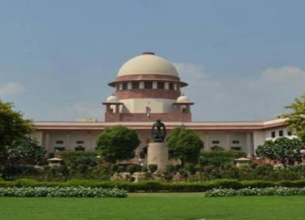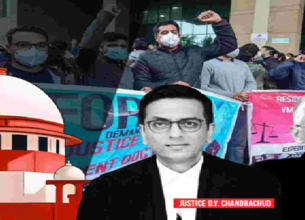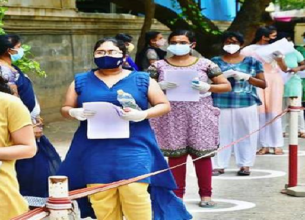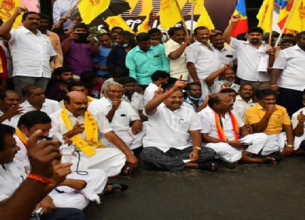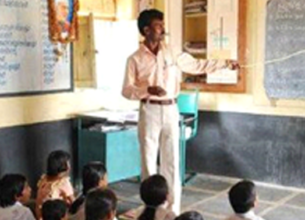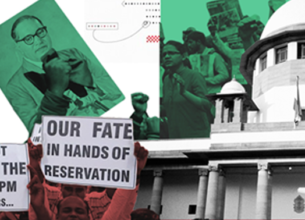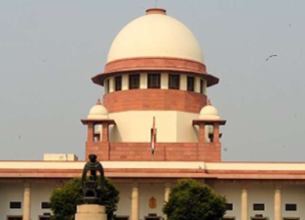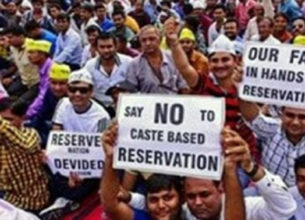States must Decide on SC/ST Quota in Promotions, says SC
29, Jan 2022
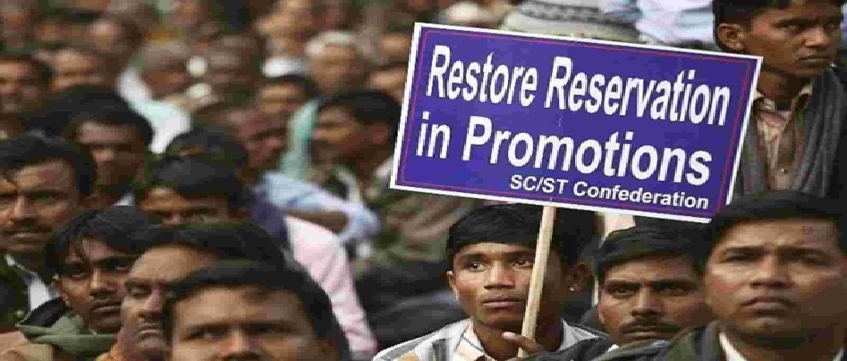
Prelims level : Rights Issues
Mains level : GS-II Welfare schemes for Vulnerable Sections of the population by the Centre and States and the performance of these Schemes; Mechanisms, Laws, Institutions and Bodies constituted for the Protection and Betterment of these vulnerable sections.
Why in News?
- The Supreme Court recently refused to lay down the “Yardstick” for determining the inadequacy of representation for Granting Reservation in promotions for Scheduled Caste/Scheduled Tribe candidates in Government Jobs.
About the News:
- The court stuck firm by its Constitution Benches decisions in Jarnail Singh and M. Nagaraj cases that the question of Adequate Representation of an SC/ST communities ought to be left to the respective States to determine.
What did the SC Observe?
- It held ‘cadre’ and not class, group or the entire service as the unit for purpose of collection of quantifiable data for giving promotion quotas.
- It said that, in the light of Jarnail Singh and Nagaraj, we cannot lay down any yardstick for determining the inadequacy of representation.
- In respect of the unit of collection of quantifiable data, the court held that the State was “obligated to collect quantifiable data on the inadequacy of representation of Scheduled Castes and Scheduled Tribes.
- The court, however, noted that the “collection of information on inadequacy of representation of SC/ST communities cannot be with reference to the entire service or class/group, but should be relatable to the grade/category of posts to which the promotion is Sought.”
Significance of the Case:
- With the recognition of ‘cadre’ as the unit for collection of quantifiable data, the court set aside its earlier judgment in the B.K. Pavithra case.
- The court Further left it to the State to assess the Inadequacy of the representation of SCs and STs for promotional posts by taking into account the relevant factors.
- A review had to be conducted regarding the data for the purpose of determining the inadequacy of representation in promotions, the court ordered.
- The court left it to the Union government to fix a “reasonable” time for the States to conduct the review.
M. Nagaraj Case (2006):
- Reversed the stance in the Indra Sawhney case: In this case applying the creamy layer concept in SC/ST reservation in promotions, the Supreme court reversed its earlier stance in the Indra Sawhney case (1992), in which it had excluded the creamy layer concept on SCs/STs (that was applicable on OBCs).
- Directives to the states: The five-judges Bench in Nagaraj case upheld the constitutional validity of all 77th, 81st, 82nd, and 85th constitutional amendments enabling reservation of SC/ST communities in promotions, but made certain directives for the states:
- State is not bound to make reservations for SC/ST in the matter of promotions.
- If a State wants to provide reservation to the SC/ST communities in promotions:
- It has to collect quantifiable data showing backwardness of the class.
- Show inadequacy of representation of that class in public employment in addition to compliance of Article 335.
- State needs to ensure that its reservation provision does not lead to excessiveness- breaching the ceiling-limit of 50%, or destroying the creamy layer principle.
Other Related Judgements:
- In Jarnail Singh v L.N. Gupta (2018) case, SC refused to refer the Nagaraj judgment to a higher bench but later altered the decision by saying that states will not be required to present quantifiable data of backwardness of SC/ST communities.
Reservation in Promotions is not a Fundamental Right:
- Reaffirming its stand in Nagraj case, the Supreme Court in 2020 ruled that reservation in the matter of promotions in public posts is not a fundamental right, and a state cannot be compelled to offer the quota if it chooses not to.
- Current Demand by the Centre: The Centre asked the Court to review its stance of introducing the concept of creamy layer in SC/ST promotions on various issues:
- Could deprive Backward Classes from Reservation: The government believes that the ‘creamy layer’ will become a trick to deprive the backward classes of the benefit of reservation.
- Redundancy of proving Backwardness Again: It is presumed that once they are added in the Presidential List under Articles 341 and 342 of the Constitution of India, there is no question of proving backwardness of the SCs and STs all over again.
- The said List cannot be altered by anybody except Parliament under Articles 341 and 342- defining who will be considered as SCs or STs in any state or Union Territory.
Constitutional Provisions for Promotion in Reservation
- Article 16 (4): Provides that the State can make any provision for the reservation of appointments or posts in favour of any backward class of citizens who, in the opinion of the state, are not adequately represented in the services under the State.
- Article 16 (4A): Provides that the State can make any provision for reservation in matters of promotion in favour of the Scheduled Castes and the Scheduled Tribes if they are not adequately represented in the services under the State.
- It was inserted by the 77th Constitutional Amendment Act, 1995.
- Article 16(4B): Added by the 81st Constitutional Amendment Act, 2000 which enabled the unfilled SC/ST quota of a particular year to be carried forward to the next year.
- Article 335: It recognises that special measures need to be adopted for considering the claims of SCs and STs to services and posts, in order to bring them at par.
- 82nd Constitutional Amendment Act, 2000 inserted a condition at the end of Article 335 that enables the state to make any provision in favour of the members of the SC/STs for relaxation in qualifying marks in any Examination.



